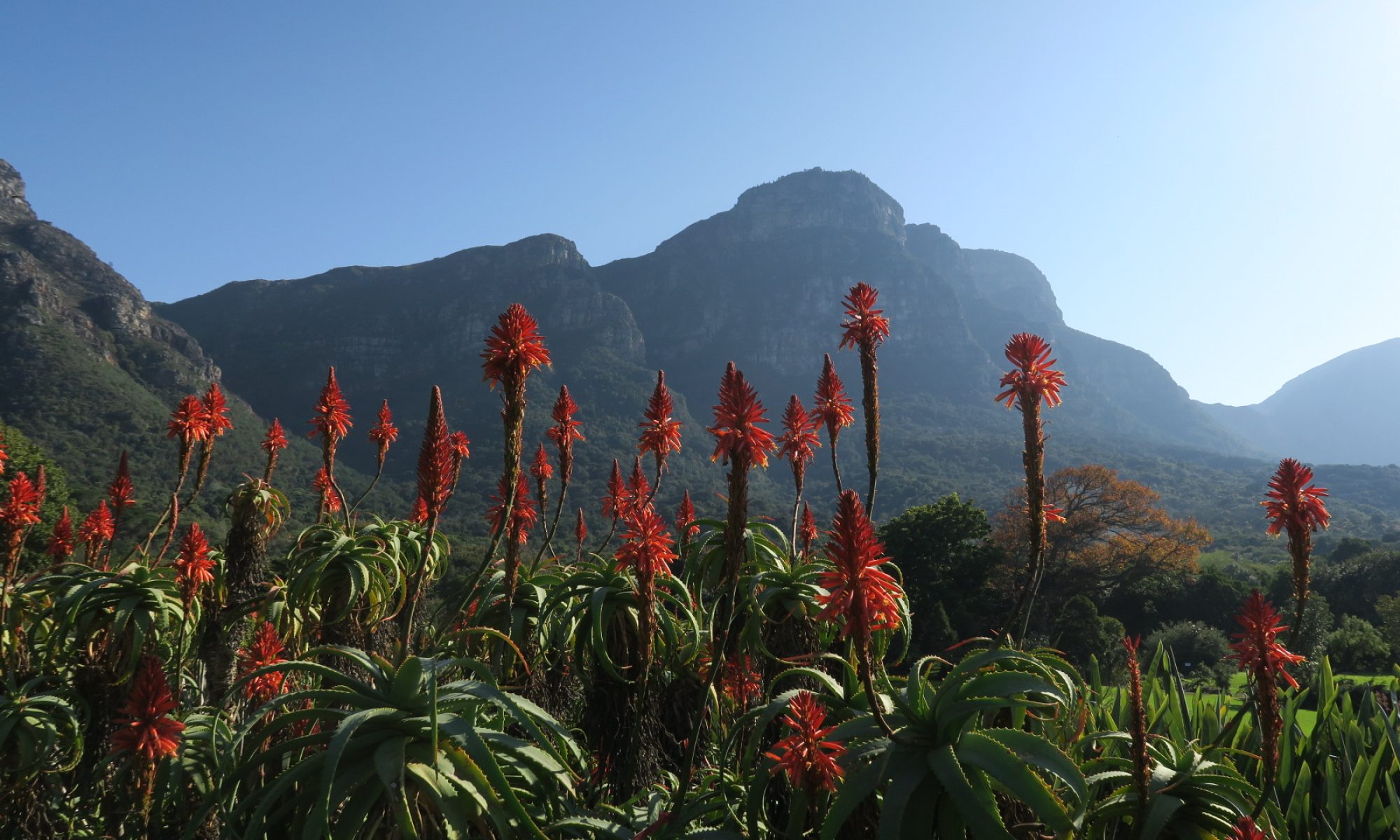1. Project
Children as an “Imperial Investment”: British Child Migration to Colonial Southern Rhodesia
This study examines a child migration scheme which aimed at permanently resettling British children to colonial Rhodesia during 1946–1962. In my research I examine the creation of a white colonial child subject and reflect on the effects of this philanthropic, state-sponsored migration scheme on the lives of the former child migrants today.The research aims to fill the gap in knowledge about child migration as a policy of “better life” and as a means of sustaining colonial dominance. It seeks to advance theoretical discussions in an original way by exploring the interlinkages between memory, colonialism, the experience of child migration, and the formation of post-migrant communities of memory. Theoretically, my main interests relate to developing links between theories of memory and relatedness, as well as thinking about vulnerable pasts and the formation of memory through its gaps, breaks and silences.
The scope of my research project is multi-sited in a broad sense: it includes fieldwork in the UK, in South Africa and Zimbabwe as well as in Australia and New Zealand. It cuts across geographic borders, examining phenomena that move across, connect and break up locations, temporal scopes, as well as relational ties. Methodologically the study ranges from the archival study of colonial child welfare and migration policies, in-depth ethnographic interviews, analysis of written memoirs and personal material, participant observation in social get-togethers and reunions to making use of films, documentaries, popular histories and museum exhibitions.
During my research project, I have worked as a visiting researcher at the Department of Social Anthropology at the University of Edinburgh (2017) and at the Department of Anthropology at the University of Cape Town (2018).
2. Project
Postcolonial Apology and Legacies of Problematic Pasts: Comparative study on reconciliation processes regarding children’s forced removal, migration and childcare regimes
My second project is a comparative ethnographic study, in which I collaborate with two other researchers: Hanna Rask and Saana Hansen. In this research, we examine postcolonial apology as a political and moral act, which attempts to voice, redefine and redress previously silenced pasts. With postcolonial apology, we refer to ritual, public acts of reconciliation (with possible reimbursements) that address colonial atrocities. Political apologies, of which postcolonial apology is a particular example, are grounded on an anticipative premise that acknowledging injustices and reckoning with problematic pasts will result in transforming dominant historical narratives and bringing about a reconfigured future. The three case studies in the project focus on childcare regimes, which removed or migrated children from their homes in order to ensure them what was conceived as “a better future”.
As the PI of the project, I study the state apology to British child migrants given in 2010 and its follow-up in the ongoing Independent Inquiry into Child Sexual Abuse (IICSA) in the UK, which has included child migration programs as one of its key cases. My focus is particularly on the reconciliation process related to white child migrants sent to colonial Southern Rhodesia (Zimbabwe). The second case, undertaken by PhD candidate Hanna Rask, concentrates on the history of state interventions targeted at Indigenous families in Canada, from Indian Residential Schools to ongoing overrepresentation of Indigenous children in the child welfare system. She examines how legacies of the past child welfare and educational policies are experienced and addressed in today’s child welfare system in Ontario, Canada. The third member of our research team is Saana Hansen, whose post-doctoral research focuses on Danish Government’s interventions on the family politics of indigenous people in Greenland. It investigates especially the truth and reconciliation process related to the displacement of Inuit children from their families and their emplacement into Danish foster families and childcare institutions during 1950s-1970s.
Respectively, the childcare policies in each of the three cases went hand in hand with political pursuits to strengthen the colonial social order, national strategies of cultural assimilation, and the ideology of imperial whitening. Through ethnographic, multi-sited fieldwork, our project explores the effectiveness of postcolonial apologies in terms of moral, political, relational and temporal transformations they purport to bring about. Furthermore, our comparative approach is integral to making sense of “imperial durabilities”: of how the Empire lingers in the present. Importantly, we examine how the receivers of apology – the formerly removed and relocated children – critically reflect upon the legacies of colonial childcare policies and the significance of the processes of reconciliation in their lives.
